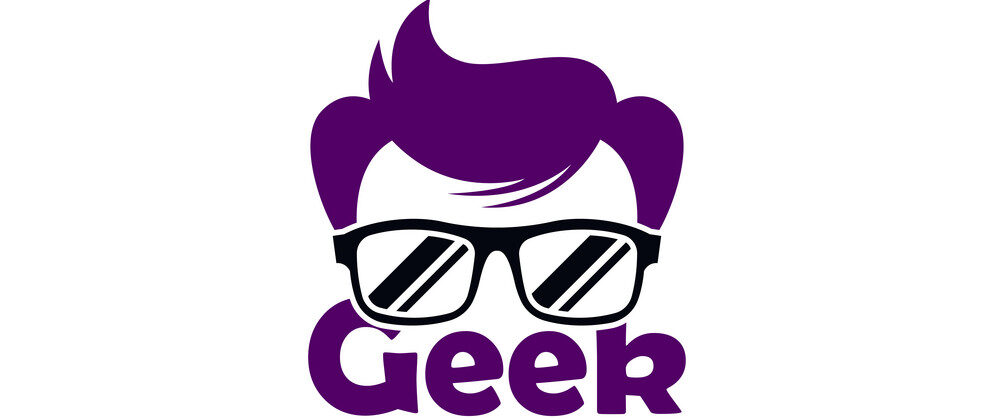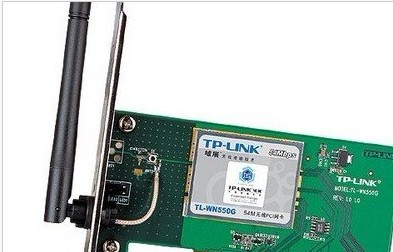The hard drive is a key part of laptop or desktop computers. Behind its very technical aspect, the selection of a tough drive is relatively simple. there’s little flexibility for error and you should not worry about buying the “wrong” hard drive. let’s examine in additional detail the aspects to require under consideration when choosing your hard drive and SSD.
External HDD and SSD hard drives
An external hard drive (or DDE) is a portable memory device that’s typically connected to a computer through a USB, FireWire eSATA, or wireless connection. External hard drives generally have high storage capacity and are commonly used for storing data and performing backups.
Using an external hard drive simply requires connecting the drive cable to the pc , although in some cases there could also be some compatibility issues with the OS
These types of hard disks can store an outsized number of files, music, videos or images because of their high storage capacity.
HDD (Hard Disk Drive)
A computer’s hard drive plays the essential role in storing and retrieving information. HDD (for hard disk Drive in English) hard drives are the foremost commonly used, especially for desktops. These disks, internal or external to the pc , are made from one or more mechanical disks that read and write information to the disk.
Solid State Drives (SSD)
Solid state drives use non-volatile storage (not mechanical like HDDs) to store information. they provide improved durability and superior performance to HDD hard drives. However, the latter have a generally higher storage capacity for a lower cost.
What is the difference between HDD and SSD hard drives?
SSDs and hard drives basically do the same job: they boot your operating system, store your applications and personal files. But each has its own specificities (storage capacity, price, speed, etc.).
The price of SSDs and HDDs
SSDs are more expensive than HDDs in terms of euros per gigabyte. A 2.5 “1TB internal hard drive costs on average between 50 and 70 euros. On the other hand, it will take around 300 euros for an SSD of the same capacity.
Storage capacity: SSD vs HDD
Although there are SSDs of multiple TB (up to 16 TB), these are rare and expensive. 500GB to 1TB HDDs are commonplace and are considered basic capacity. As for SSDs, the first prices offer a storage capacity of around 128 GB.
Execution speed
The speed of execution is the strong point of SSDs. A computer with an SSD will boot in less than a minute (a few seconds most of the time) and will be faster for launching and running applications as well as transferring files. Whether you use your computer for hobby, school, or work, speed is a prime factor in a computer.
Durability and resistance
An SSD has no moving parts, so it is more resistant to impact compared to an HDD hard drive. Some external hard drives, however, have protection to deal with this problem (such as Rugged drives, which are water, dust, shock and drop resistant).
Availability in the market
HDDs are the most common and most accessible although SSDs are starting to be more and more common, especially in small netbook and ultrabook laptops with storage capacities ranging from 256 to 516 GB for the most part.
Sizes and shapes of a hard drive
SSDs are renowned for their performance. If you decide to go for an SSD in favor of a hard drive, be aware that there are two common sizes of SSDs. The 3.5 “is suitable for desktop use while the 2.5” is designed for laptop use (with more limited space). Note that it is possible to connect a 2.5 “SSD to a 3.5” bay through an adapter, but the reverse is not possible. In the case of a laptop purchase, the default size of this SSD will therefore be 2.5 “. In this case, it is worth looking at the other technical specifications of SSDs.
We think first of the noise: internal or external HDD hard drives are relatively noisy. Even the quietest HDD will make a slight noise from its tone arm and the spinning of its disc. Due to their flash memory, SSDs produce virtually no noise.
Next is power consumption: an SSD does not have to consume electricity to spin a platter. It is therefore less energy intensive than its colleague. This lower power consumption translates into several minutes / hours of battery life.
SSD / HDD water hard drives
Some manufacturers have implemented a solution to couple a flash memory to a mechanical HDD. These “hybrid” models combine the storage capacity of an HDD and the performance of an SSD for a price slightly higher than a conventional hard drive. Flash memory serves as a buffer for frequently used files to speed up the launch of important applications.
Other technologies also exist for combining an HDD and an SSD on the same computer, such as Intel’s Smart Response Technology (SRT). The SRT uses the SSD as a cache to boot the system or launch programs faster.
Although SSDs are more and more democratized, they remain expensive but efficient alternatives to HDDs.
HDD hard drives prevail when it comes to price, storage capacity, and market availability.
As for SSDs, they are definitely faster, more robust, more compact and less noisy. SSD hard drives are therefore an option of choice for laptops.
Table of differences between SSD and HDD
| Point of comparison | HDD | SSD |
|---|---|---|
| Speed | HDD hard drive has longer latency, longer read / write times, and supports fewer operations per second compared to SSD. | SSD has lower latency, faster reads / writes, and supports more I / O operations per second compared to HDD hard drive. |
| Heat, Electricity, Noise | Hard drives use more electricity to rotate the platters, generating heat and noise. | Since such spinning is not required in SSDs, they use less power and generate no heat or noise. |
| Defragmentation | The performance of hard drives deteriorates due to fragmentation. therefore, they must be periodically defragmented. | The performance of the SSD drive is not affected by fragmentation.So defragmentation is not necessary. |
| Components | The hard drive contains rolling parts – a spindle driven by a motor that contains one or more flat circular discs (called platters) covered with a thin layer of magnetic material. The read and write heads are positioned above the disks; all of this is enclosed in a metal case. | The SSD has no rolling parts. it’s basically a memory chip. They are integrated circuits (ICs) interconnected with an interface connector. There are three basic components: controller, cache, and capacitor. |
| Weight | HDD hard drives are heavier than SSD drives. | SSDs are lighter than hard drives because they don’t have the drives, spindle, and motor spinning. |





Hey There. I found your blog using msn. This is a very well written article.
I’ll be sure to bookmark it and come back to read more of your useful
information. Thanks for the post. I’ll certainly comeback.